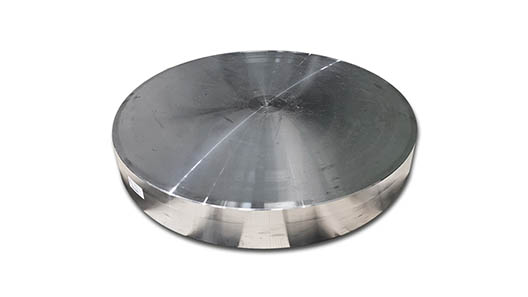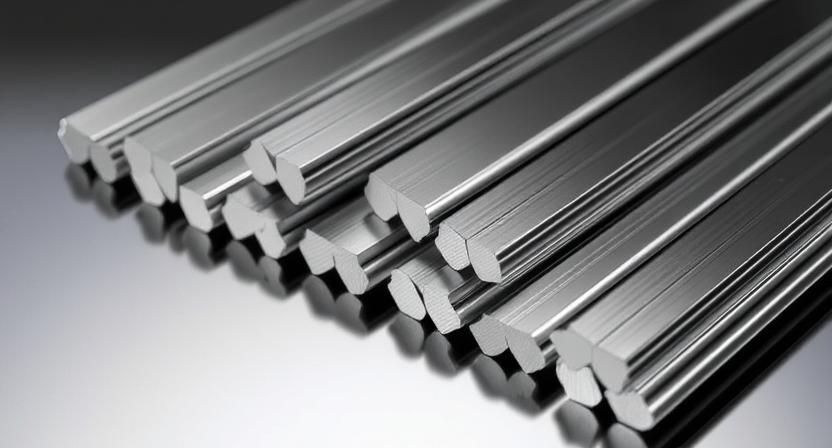Stainless Steel 304 Forged Flanges
Stainless Steel 304 Forged Flanges are an essential component in a variety of industrial applications that demand reliability, strength, and resistance to corrosion. As one of the most popular and versatile materials used in the flange manufacturing process, Stainless Steel 304 offers superior performance across industries such as oil and gas, power generation, chemical processing, water treatment, and more. we pride ourselves on providing top-quality Stainless Steel 304 forged flanges that ensure optimal performance and durability in even the most challenging environments. FerroBend stands as a trusted manufacturer and supplier of high-quality forged flanges, with a reputation for delivering durable, corrosion-resistant products.

Stainless Steel 304 is renowned for its excellent corrosion resistance, especially in environments where exposure to moisture, chemicals, and extreme temperatures is prevalent. Whether you're working with high-pressure systems, marine environments, or corrosive chemicals, Stainless Steel 304 flanges are designed to withstand the harshest conditions. The chromium content in the material provides a protective oxide layer, preventing rust and corrosion. This makes them ideal for industries that require long-lasting performance without frequent maintenance or replacement.
Stainless Steel 304 is known for its exceptional strength-to-weight ratio, making it an ideal material for forged flanges. The forging process enhances the material’s structural integrity, ensuring it maintains its shape under high pressure and heavy loads. At FerroBend, our Stainless Steel 304 forged flanges are engineered for maximum strength, ensuring they can handle the stress and demands of demanding applications. This durability also reduces the need for frequent replacements, lowering long-term operational costs.
We use advanced forging techniques to manufacture Stainless Steel 304 flanges that offer superior mechanical properties. The forging process involves shaping the metal at high temperatures, ensuring a denser, more durable material. This process results in a flange that is not only stronger but also more resistant to stress and fatigue, which is crucial for applications in high-pressure systems.
